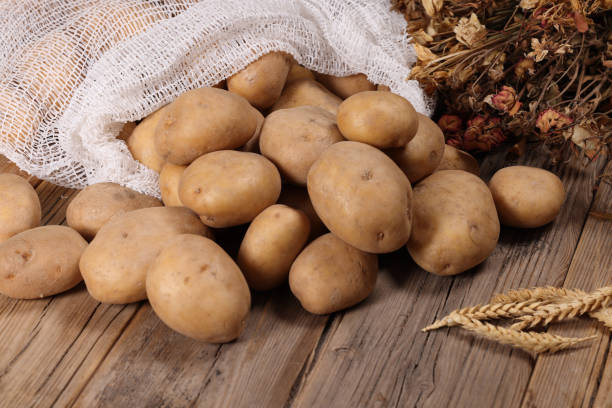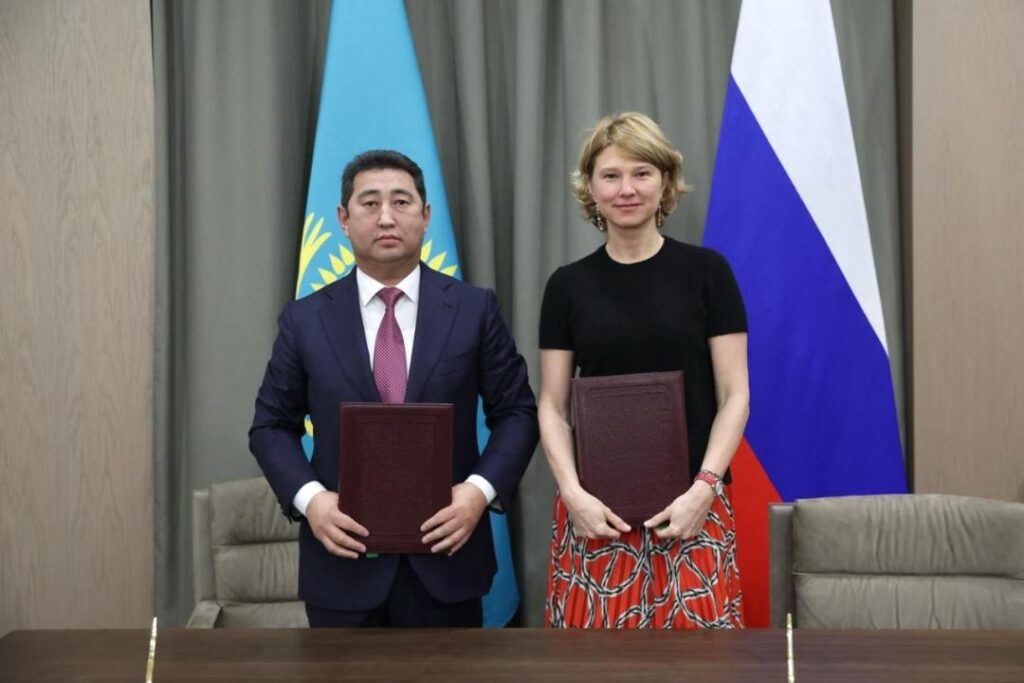Kazakhstan to Diversify Agricultural Crops for Higher Yields and Increased Profits
Kazakhstan will continue diversifying its agricultural crop areas this year as part of efforts to double gross agricultural output, Minister of Agriculture Aidarbek Saparov announced at a government meeting on February 11, focused on preparations for the upcoming sowing season. According to Saparov, Kazakhstan plans to sow crops on 23.8 million hectares in 2025, an increase of 518,000 hectares compared to 2024. The crop diversification program will cover approximately 1 million hectares, while the area dedicated to highly profitable crops will expand by 750,000 hectares. The area under oilseed crops will increase by 365,000 hectares, reaching 3.3 million hectares, including a 50,600-hectare expansion for sunflower cultivation, bringing it to 1.3 million hectares. Potato cultivation will grow by 14,900 hectares to reach 136,800 hectares, while buckwheat fields will expand by 41,500 hectares, bringing the total to 147,000 hectares. The sugar beet planting area will increase to 18,400 hectares, and forage crops will expand by 184,000 hectares, reaching 3.4 million hectares. Cotton will be sown on 135,200 hectares, while rice will cover 90,200 hectares. Kazakhstan will also continue to reduce its reliance on wheat monoculture. In 2025, grain crops will be sown on 16.6 million hectares, slightly down from 16.7 million hectares in 2024. Over the past two years, wheat cultivation has been reduced by nearly 730,000 hectares, including 159,000 hectares this year. According to Saparov, diversification will help mitigate risks associated with price fluctuations in agricultural markets. Oilseeds and legumes remain in high demand both domestically and internationally, with consistently strong prices. While the average price of wheat stands at 65,000 - 70,000 KZT per ton, export-oriented crops such as flax and rapeseed can fetch 200,000 KZT per ton or more. Beyond economic benefits, crop diversification contributes to soil health. Saparov highlighted that legumes, in particular, help enrich the soil with nitrogen, improving the yield of subsequent crops. This approach not only increases profitability but also enhances environmental sustainability.






